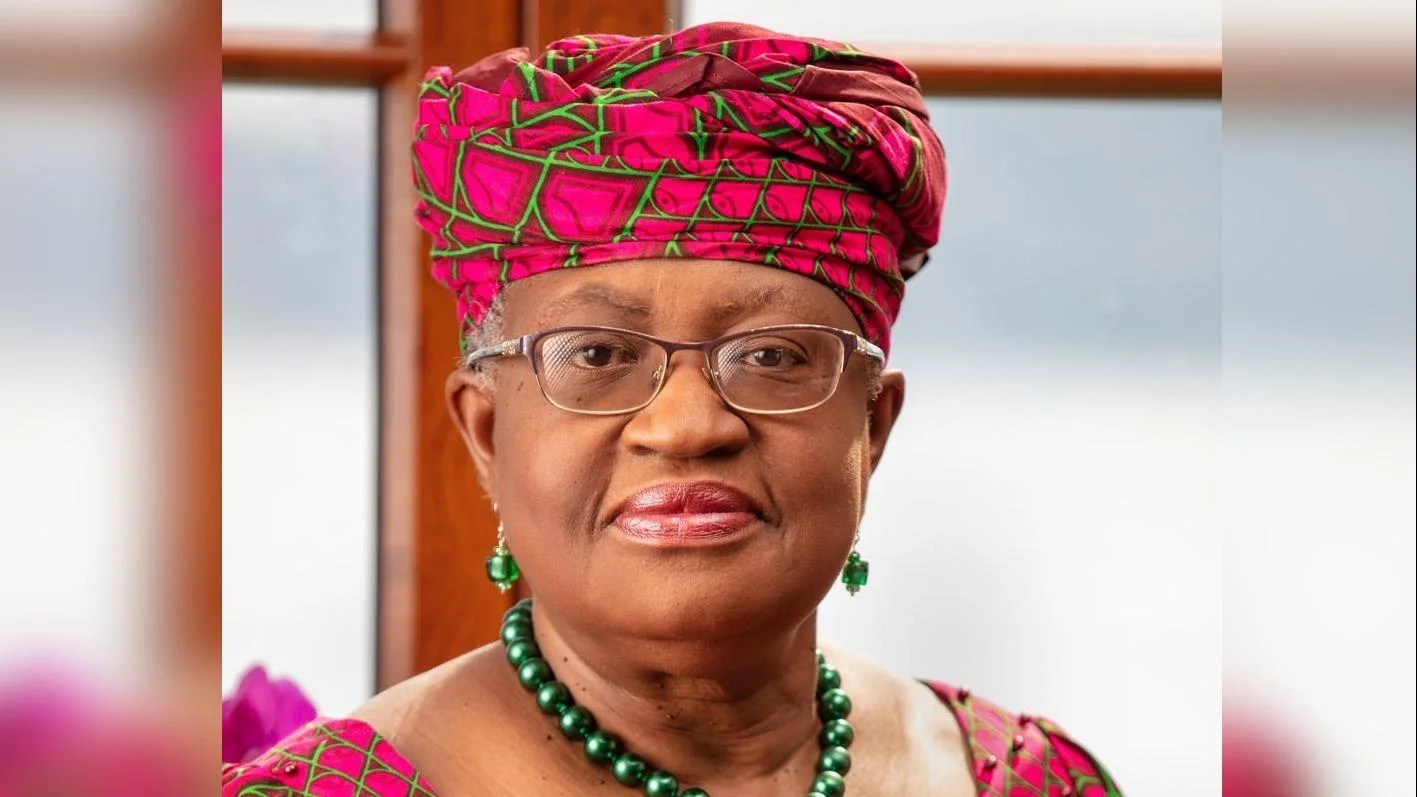The Committee on Market Access convened its first thematic session on greening the Harmonized System (HS) on June 11, 2024. The session built upon the World Customs Organization (WCO) report published in April 2023, which summarized outcomes from a series of symposia held between October 2022 and January 2023. These events aimed to identify potential changes to the HS to better support environmental policy needs in future editions, with participation from WCO members and various stakeholders.
During an earlier meeting in April 2023, Ecuador expressed interest in continuing this analysis to help WTO members understand what can and cannot be achieved by the HS concerning environmental challenges. The HS establishes classes of goods based on product characteristics when presented at customs borders.
The HS is an international product nomenclature developed by the WCO, comprising over 5,000 commodity groups identified by six-digit codes. It is used by 212 economies for customs tariffs and international trade statistics collection, classifying over 98% of merchandise traded globally.
Carlos Guevara, Counsellor at the Mission of Ecuador, moderated the event. He noted that it provided WTO members with a general overview of areas under consideration regarding environmental goals. This would facilitate future discussions on specific topics and tools that could support common environmental objectives.
The WTO Secretariat presented on how the HS interacts with organizational work. It highlighted the crucial role of HS in product classification and policy-making statistics collection for international trade. It also emphasized that while the HS could aid environmental objectives by identifying products covered by multilateral agreements, it faces challenges identifying products based on production methods or end-use when these factors are not verifiable through product characteristics or available testing facilities.
Gael Grooby, Director of Tariff and Trade Affairs Directorate at WCO, noted past amendments to the HS to assist members with environmental objectives stemming from international agreements or proposals by organizations. The WCO has recommended enhancing environmental policies within the HS classification system through verifiable border criteria and clarifying provisions.
Despite existing hurdles, refining the HS for better alignment with environmental goals remains a priority for WCO's Harmonized System Committee. Recent revisions have included new categories for monitoring waste products like electronic waste (e-waste) and hydrofluorocarbons (HFCs).
Sabine Altendorf from FAO Markets and Trade Division stressed improving data quality in global agricultural commodity markets using standardized statistical data from HS classifications. She cited an FAO proposal to separately categorize tropical fruits like mangoes for better trade monitoring.
Melisa Tin Siong Lim from Basel, Rotterdam, and Stockholm Conventions Secretariat discussed managing hazardous chemicals through precise identification using national legislation aligned with international conventions like prior informed consent procedures before exporting or importing goods.
Ecuador shared experiences about customs challenges related to implementing international instruments such as the Montreal Protocol on Substances that Deplete Ozone Layer. Pedro Velasco from Ecuador’s National Customs Service emphasized adopting coordinated actions among government agencies involved in implementing necessary tariff structure changes.
Members underscored working together nationally and internationally to address implementation challenges faced particularly by developing economies and least developed countries. They agreed on involving customs more deeply in this process while establishing clear criteria beyond "border limit vision."
Nicola Waterfield of Canada thanked participants for their contributions and tasked WTO Secretariat with preparing a factual summary report based on shared information.

